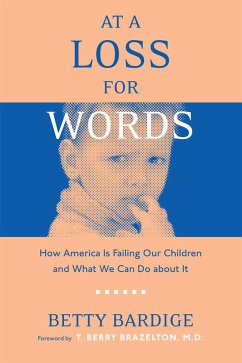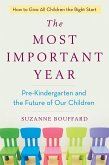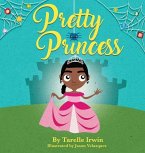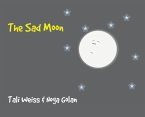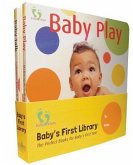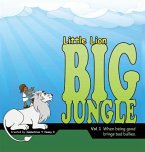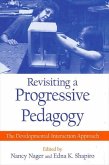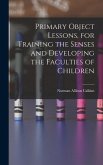Lays out the importance of getting parents, policy makers, and child care providers to recognize the crucial role of early literacy skills
Drawing on the latest research about toddlers and preschoolers, At a Loss for Words lays out the importance of getting parents, policy makers, and child care providers to recognize the role of early literacy skills in reducing the achievement gap that begins before three years of age. Readers are guided through home and classroom settings that promote language, contrasting them with the "merely mediocre" settings in which more and more young children spend increasing amounts of time. Language skills are the key to school and life success, and acquiring them requires a level of input and practice that too many of our young children are not getting. Drawing upon an extensive body of research, the book demonstrates how we can build the community supports and public systems that our children need so that toddlers learn the power of language and how parents and teachers can support it.
"The writing style is beautiful. It flows so well and is very easy to read. I don't generally like reading books about policy so this is a high tribute on my part. She weaves the examples in beautifully. They are very realistic, especially the dialogues of children, and make the book come to life. I found myself feeling genuine dismay and sadness for some of the children described in the book which could motivate some readers to action. I also like the hopeful, optimistic conclusion. A nice change from the whining tone of most early childhood policy books." Sue Bredekamp
Hinweis: Dieser Artikel kann nur an eine deutsche Lieferadresse ausgeliefert werden.
Drawing on the latest research about toddlers and preschoolers, At a Loss for Words lays out the importance of getting parents, policy makers, and child care providers to recognize the role of early literacy skills in reducing the achievement gap that begins before three years of age. Readers are guided through home and classroom settings that promote language, contrasting them with the "merely mediocre" settings in which more and more young children spend increasing amounts of time. Language skills are the key to school and life success, and acquiring them requires a level of input and practice that too many of our young children are not getting. Drawing upon an extensive body of research, the book demonstrates how we can build the community supports and public systems that our children need so that toddlers learn the power of language and how parents and teachers can support it.
"The writing style is beautiful. It flows so well and is very easy to read. I don't generally like reading books about policy so this is a high tribute on my part. She weaves the examples in beautifully. They are very realistic, especially the dialogues of children, and make the book come to life. I found myself feeling genuine dismay and sadness for some of the children described in the book which could motivate some readers to action. I also like the hopeful, optimistic conclusion. A nice change from the whining tone of most early childhood policy books." Sue Bredekamp
Hinweis: Dieser Artikel kann nur an eine deutsche Lieferadresse ausgeliefert werden.

